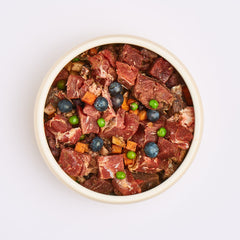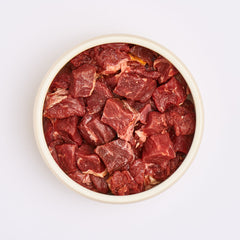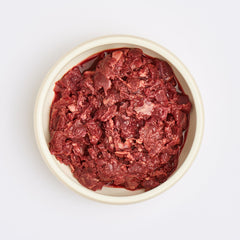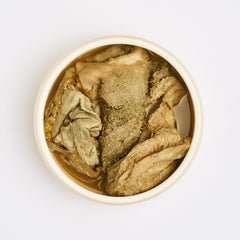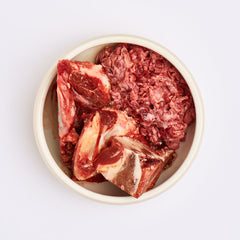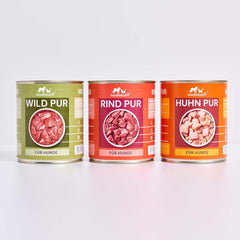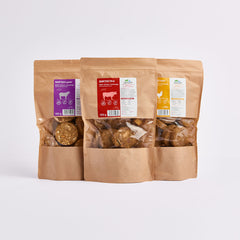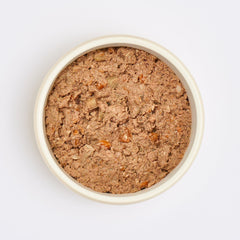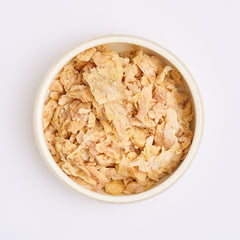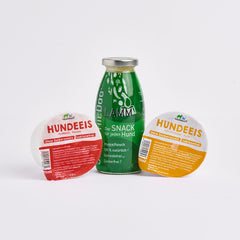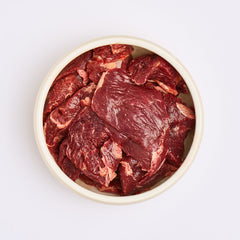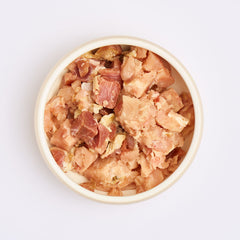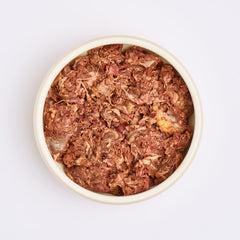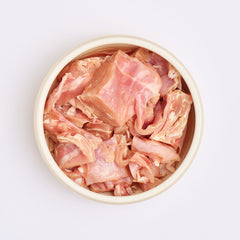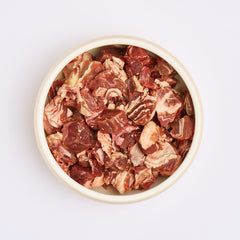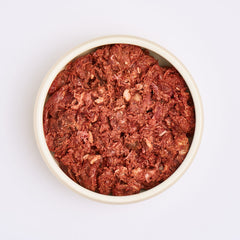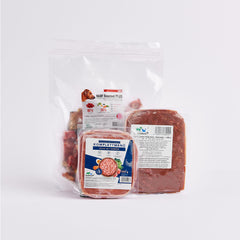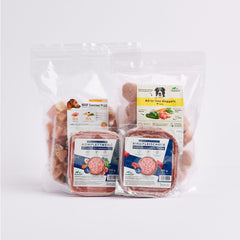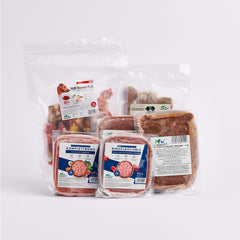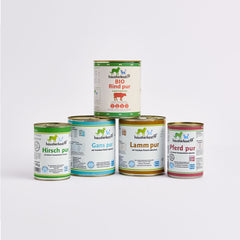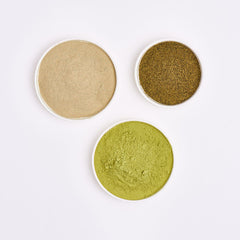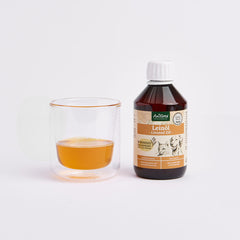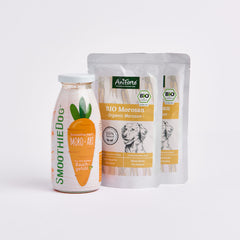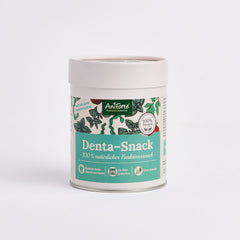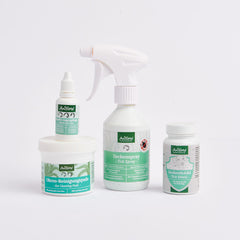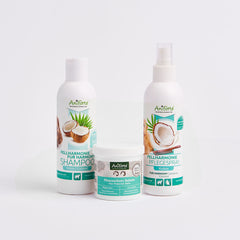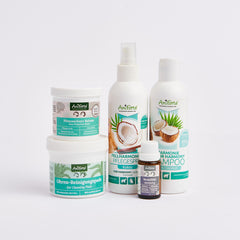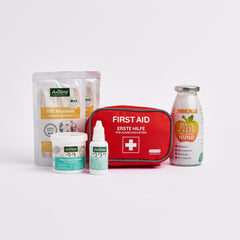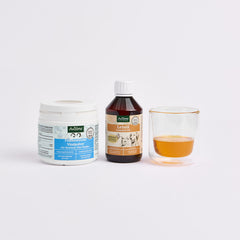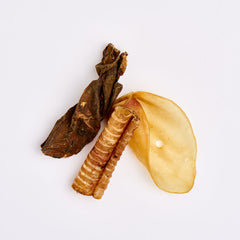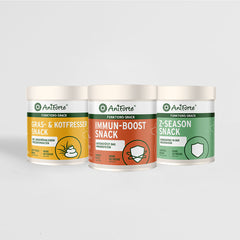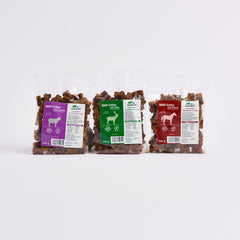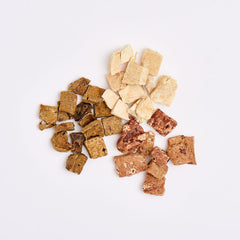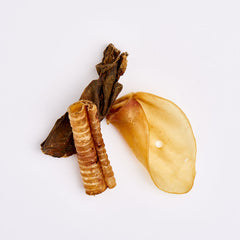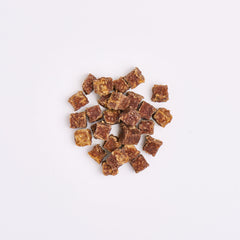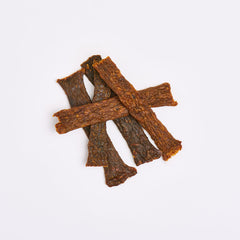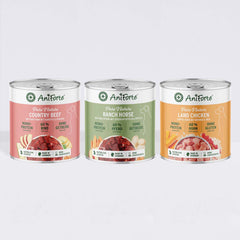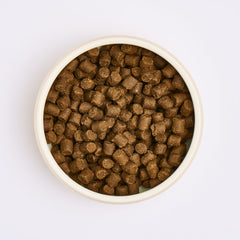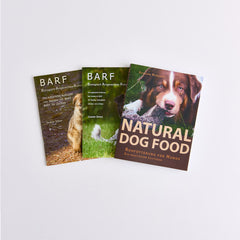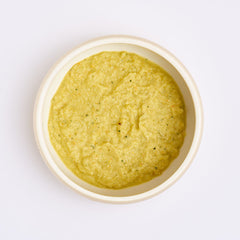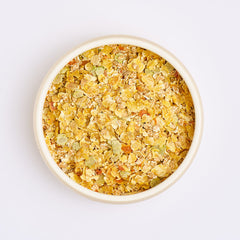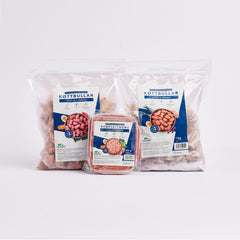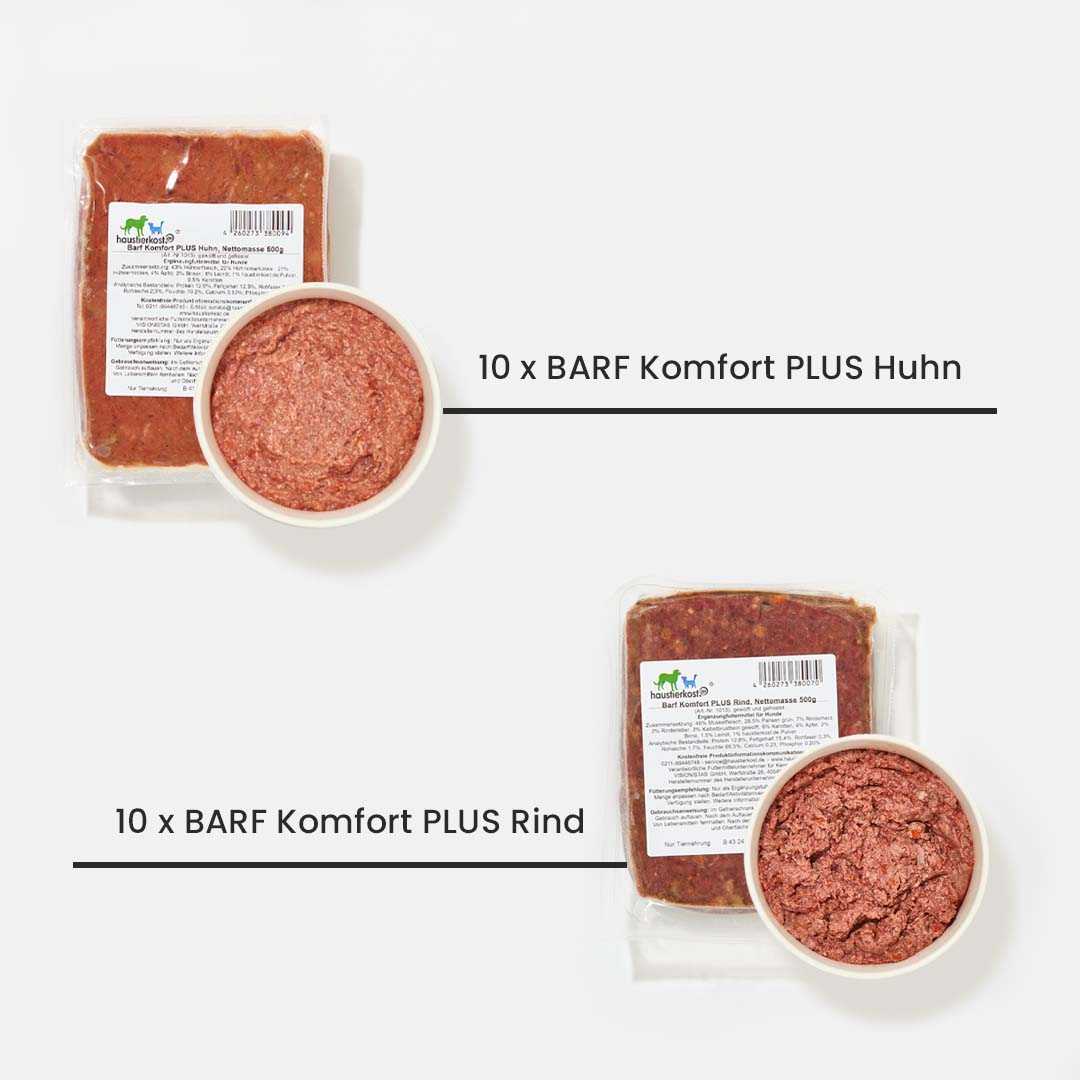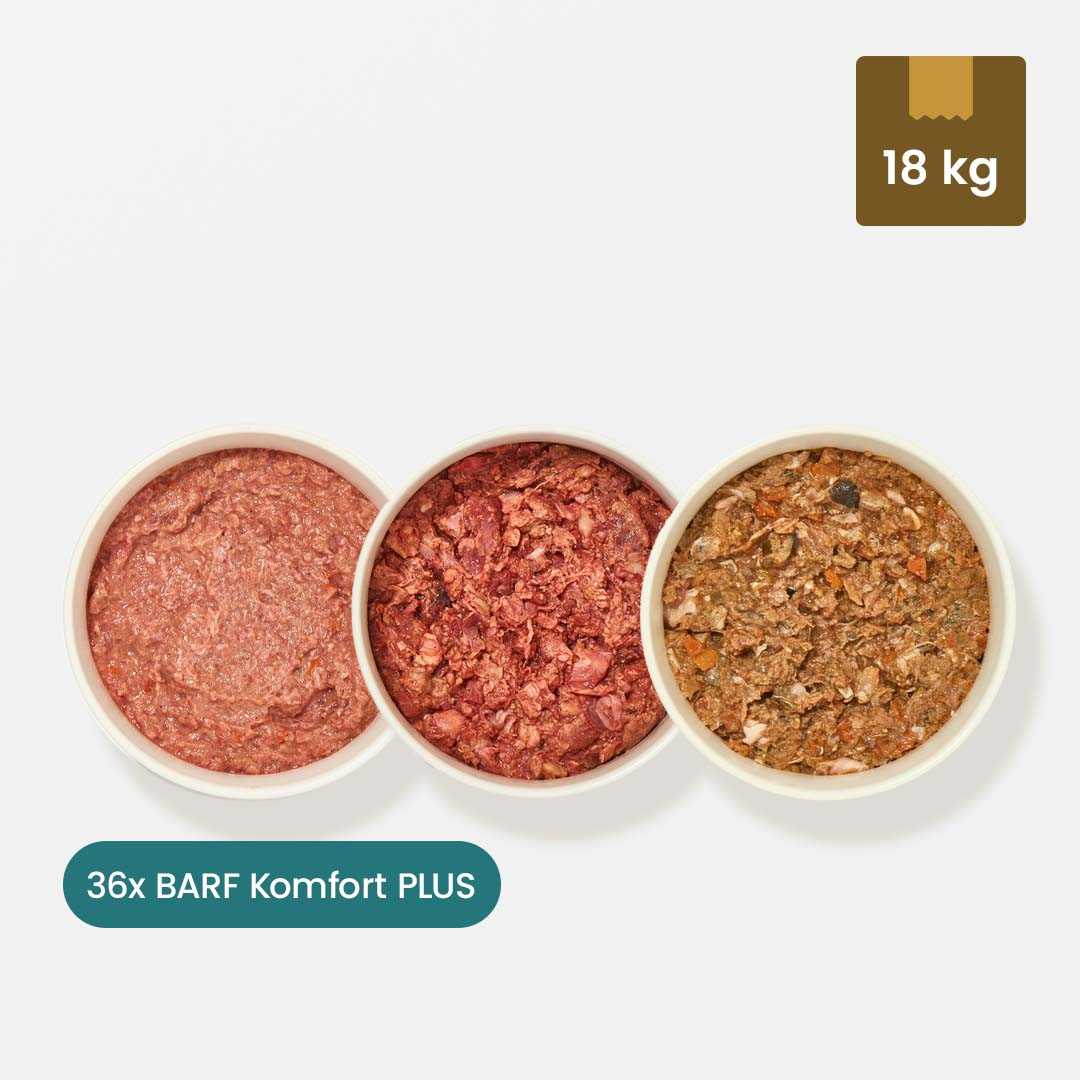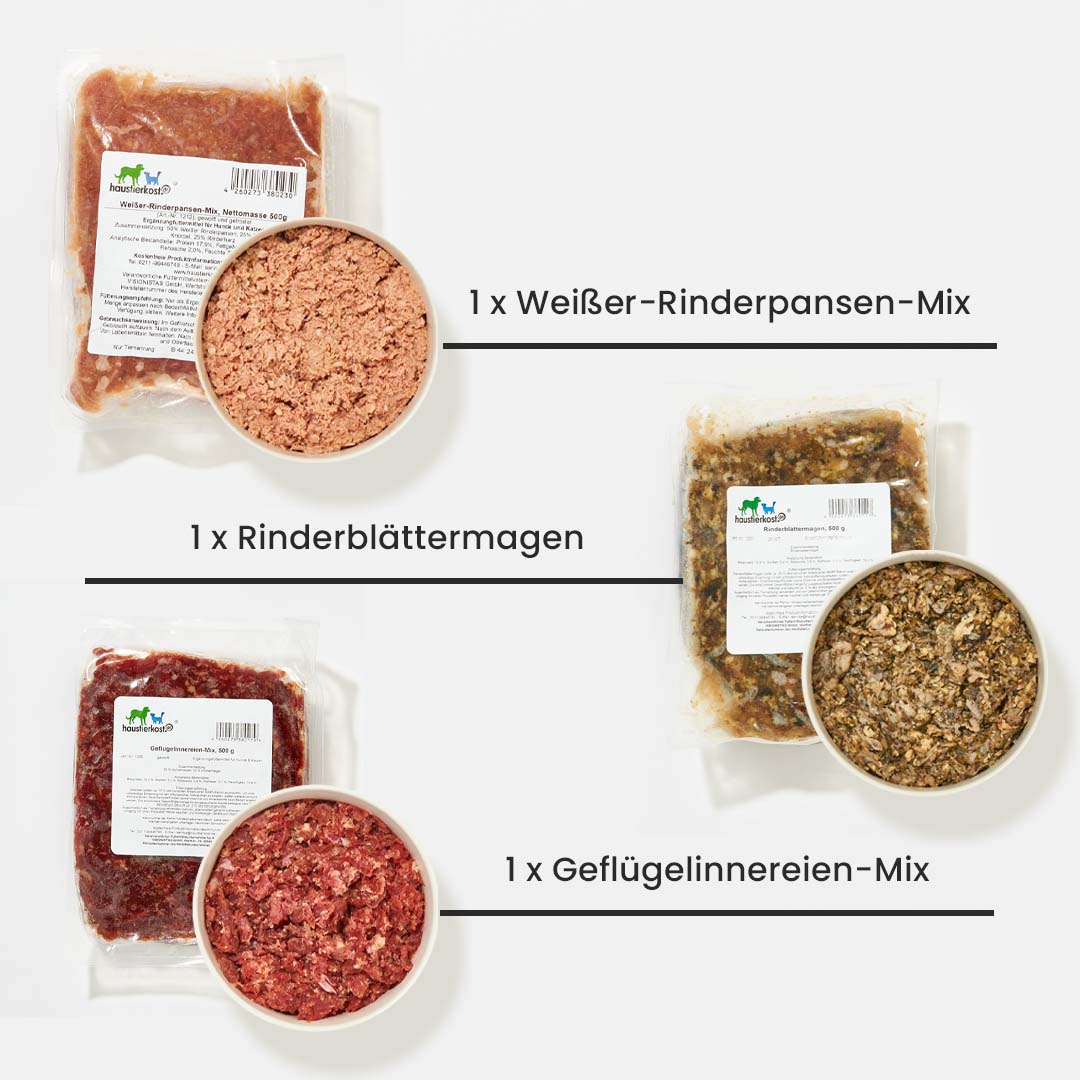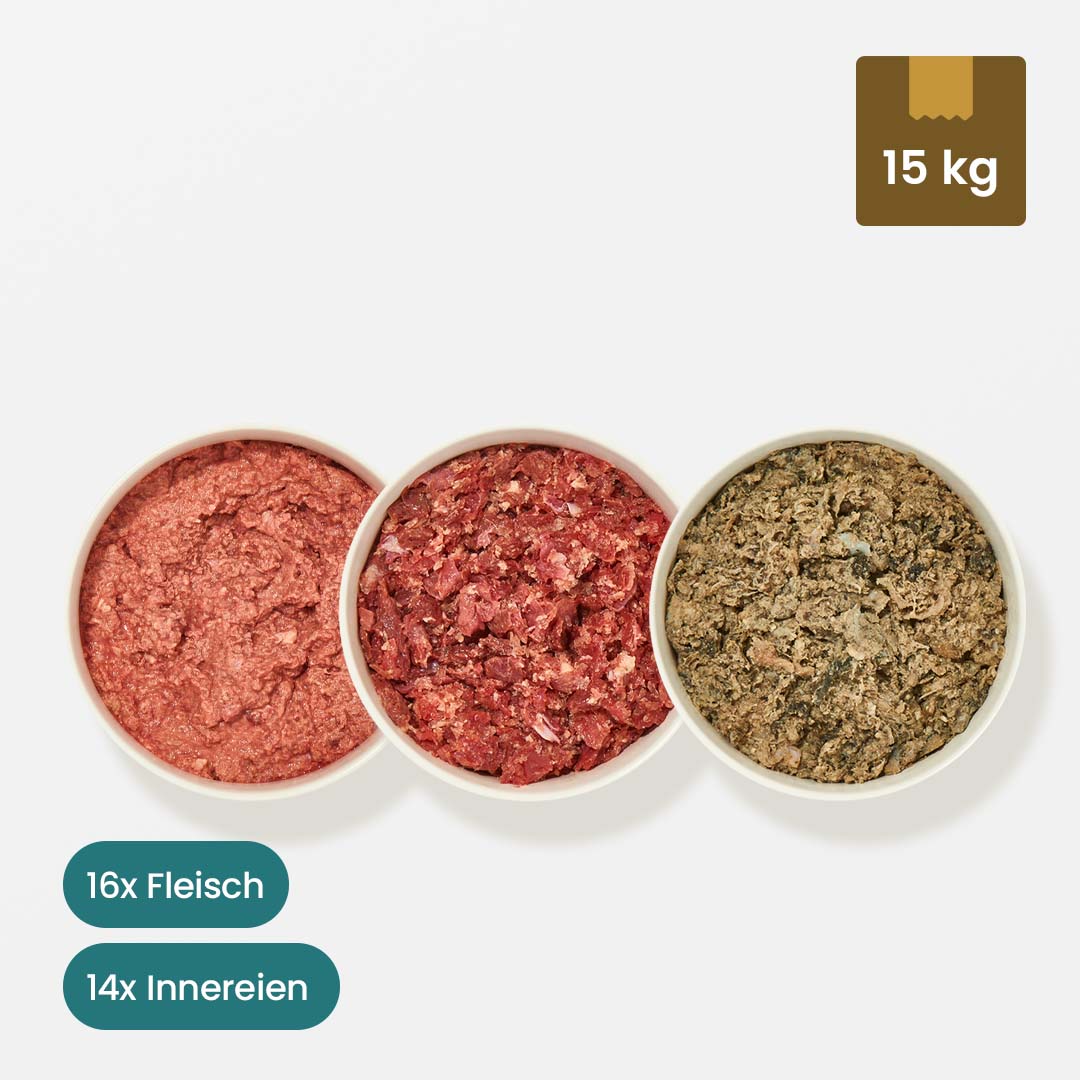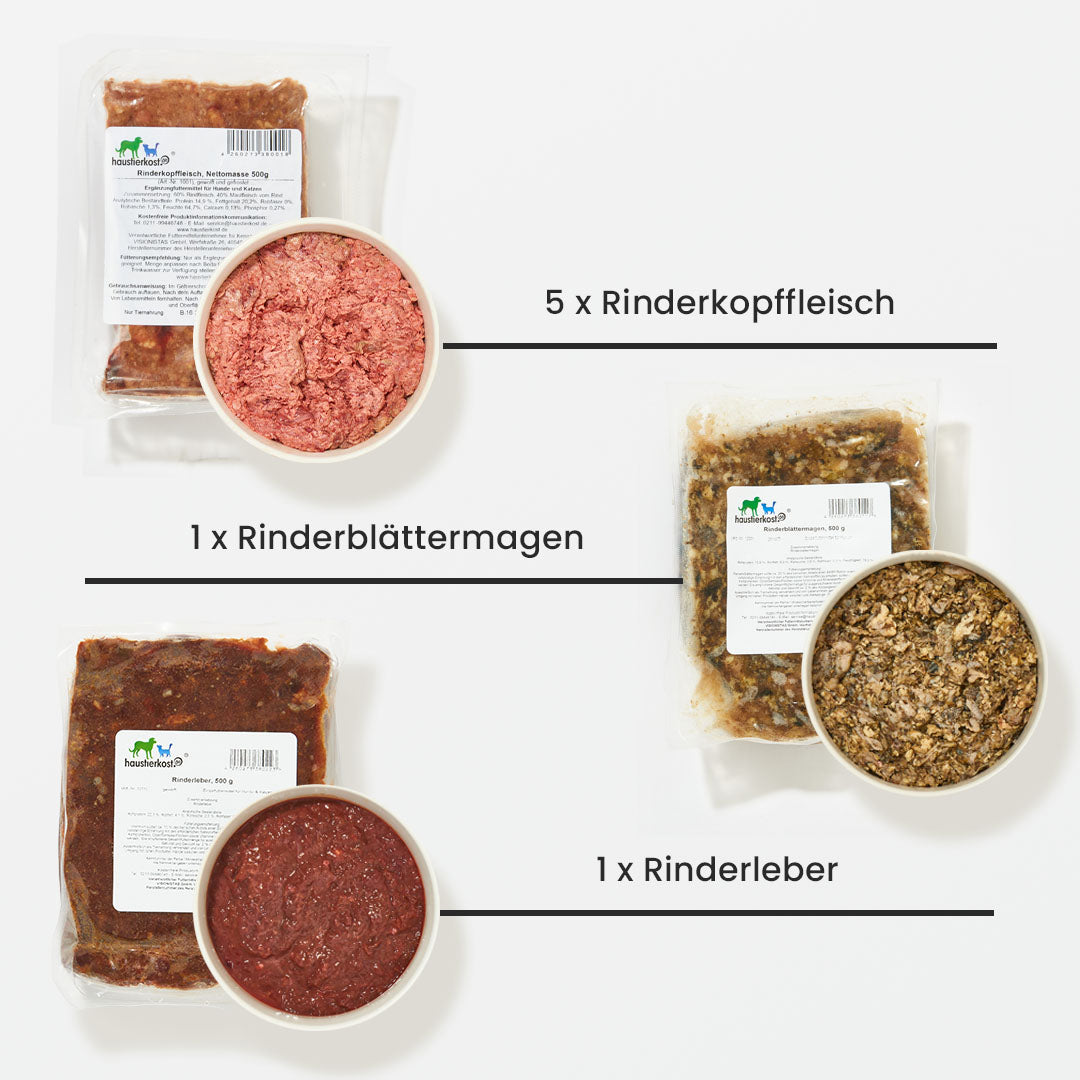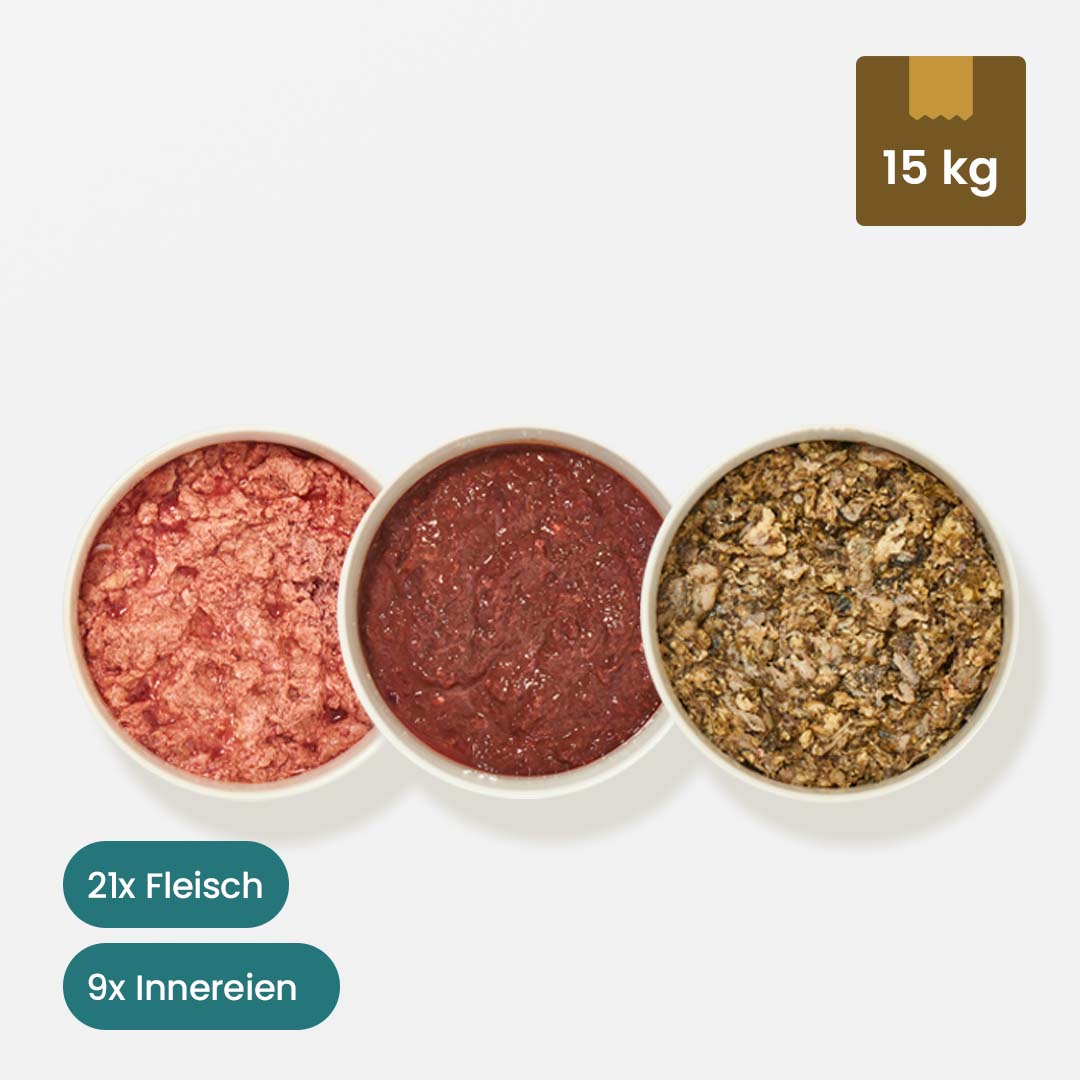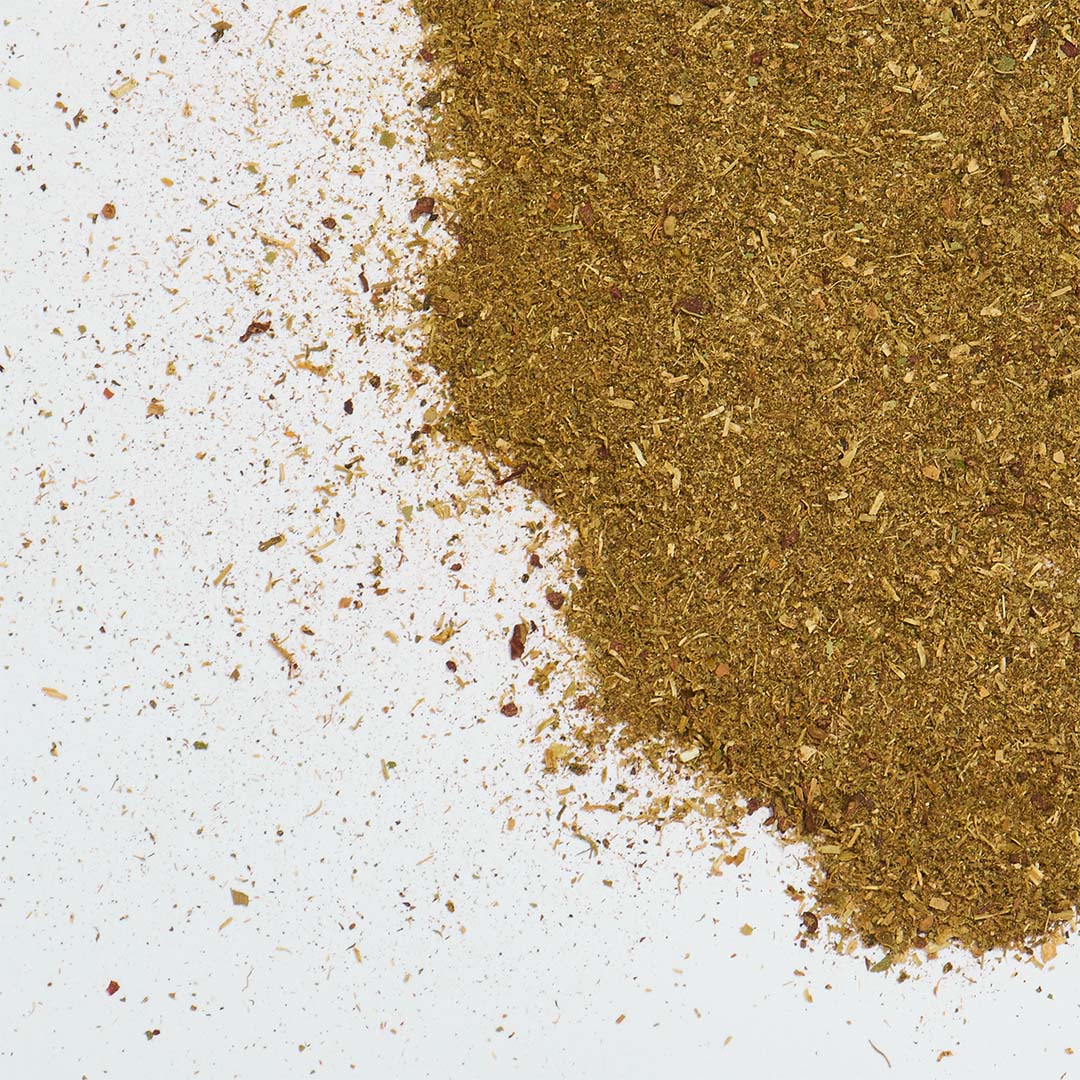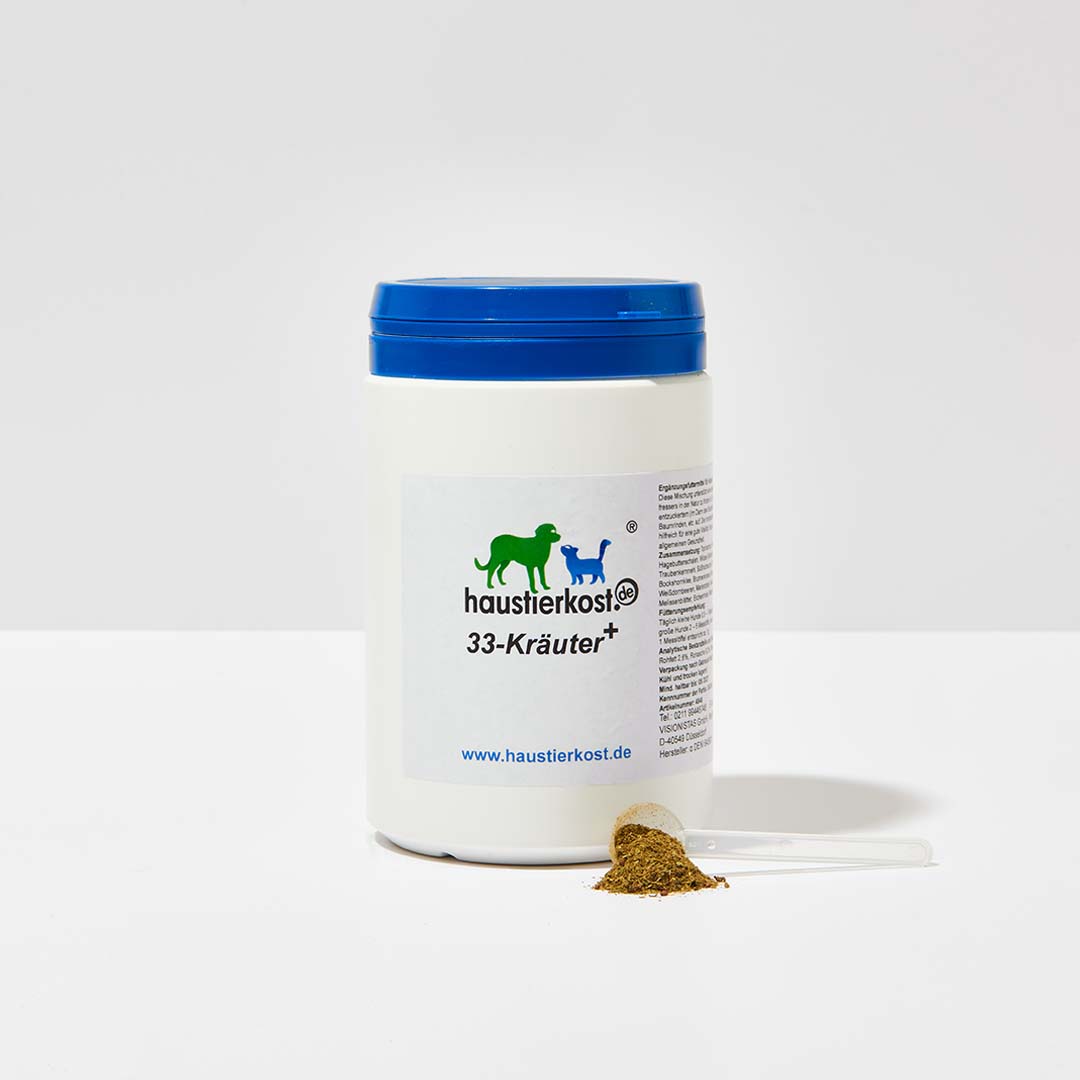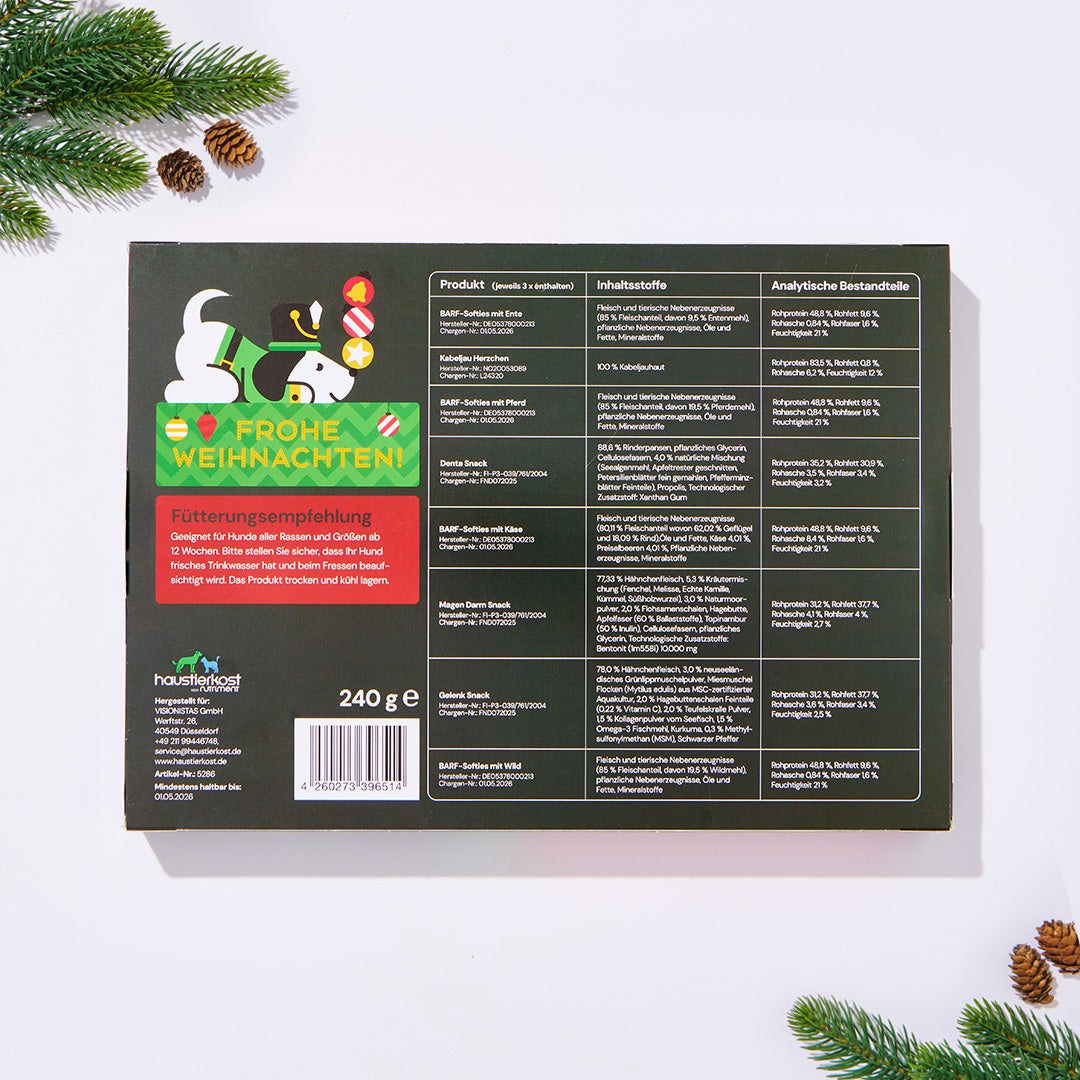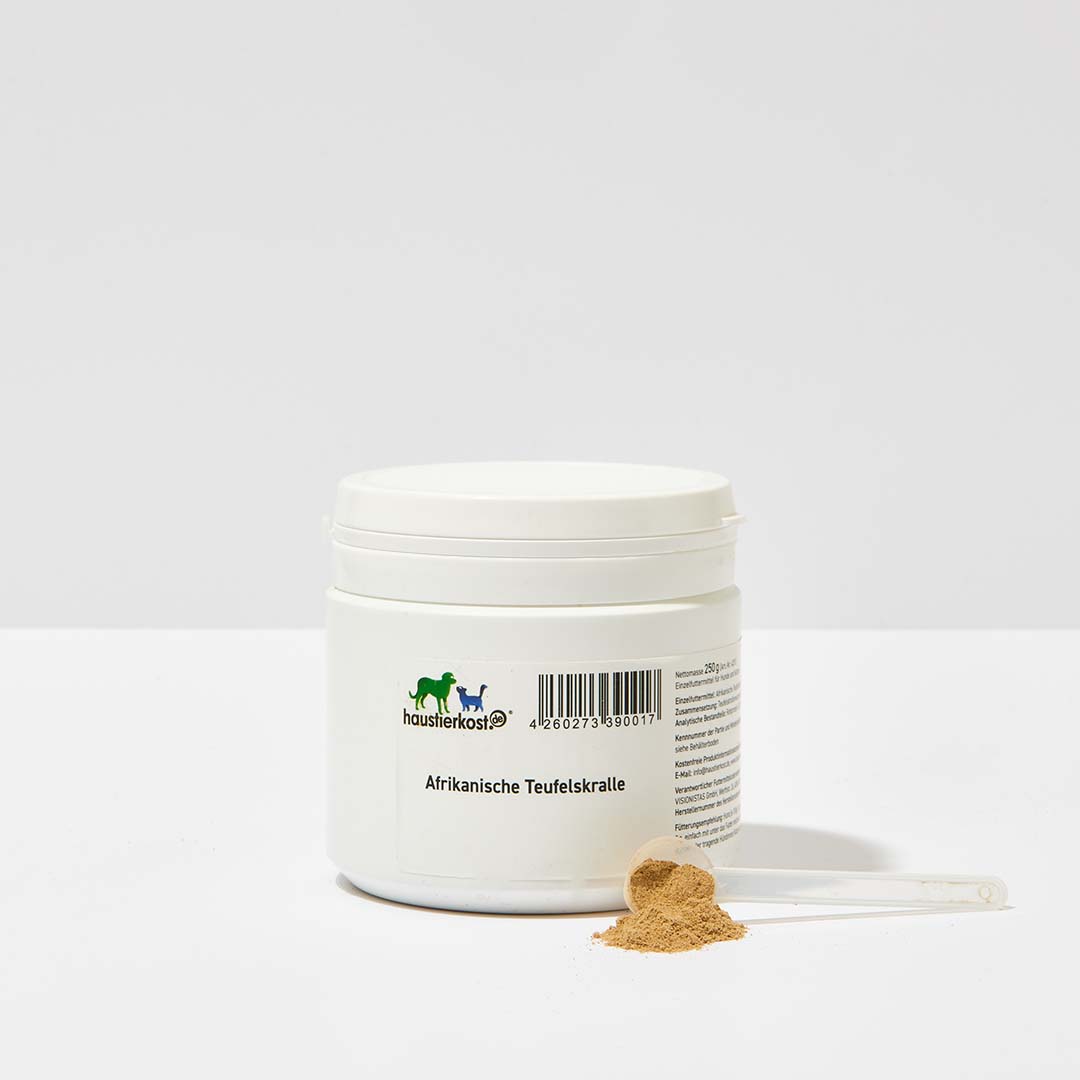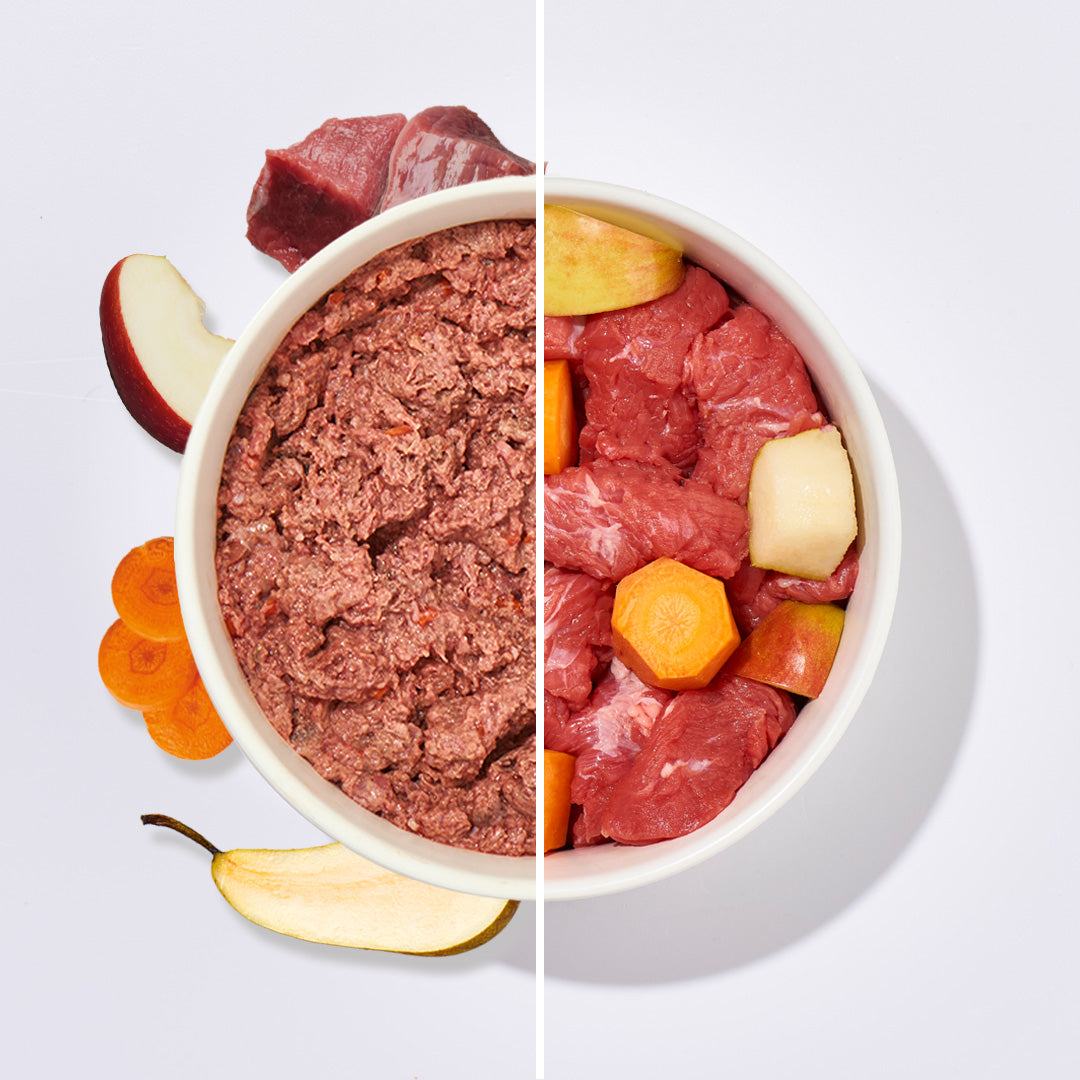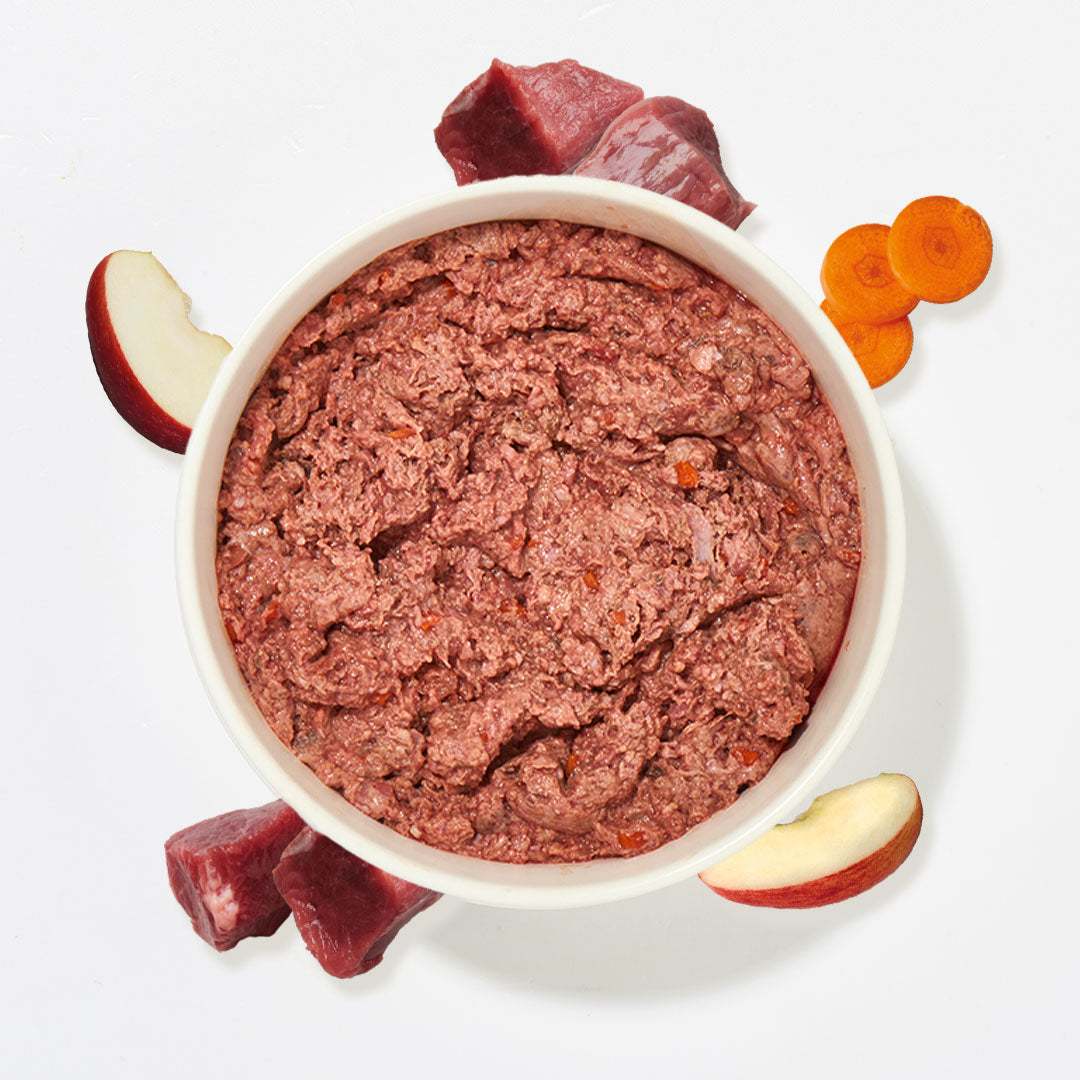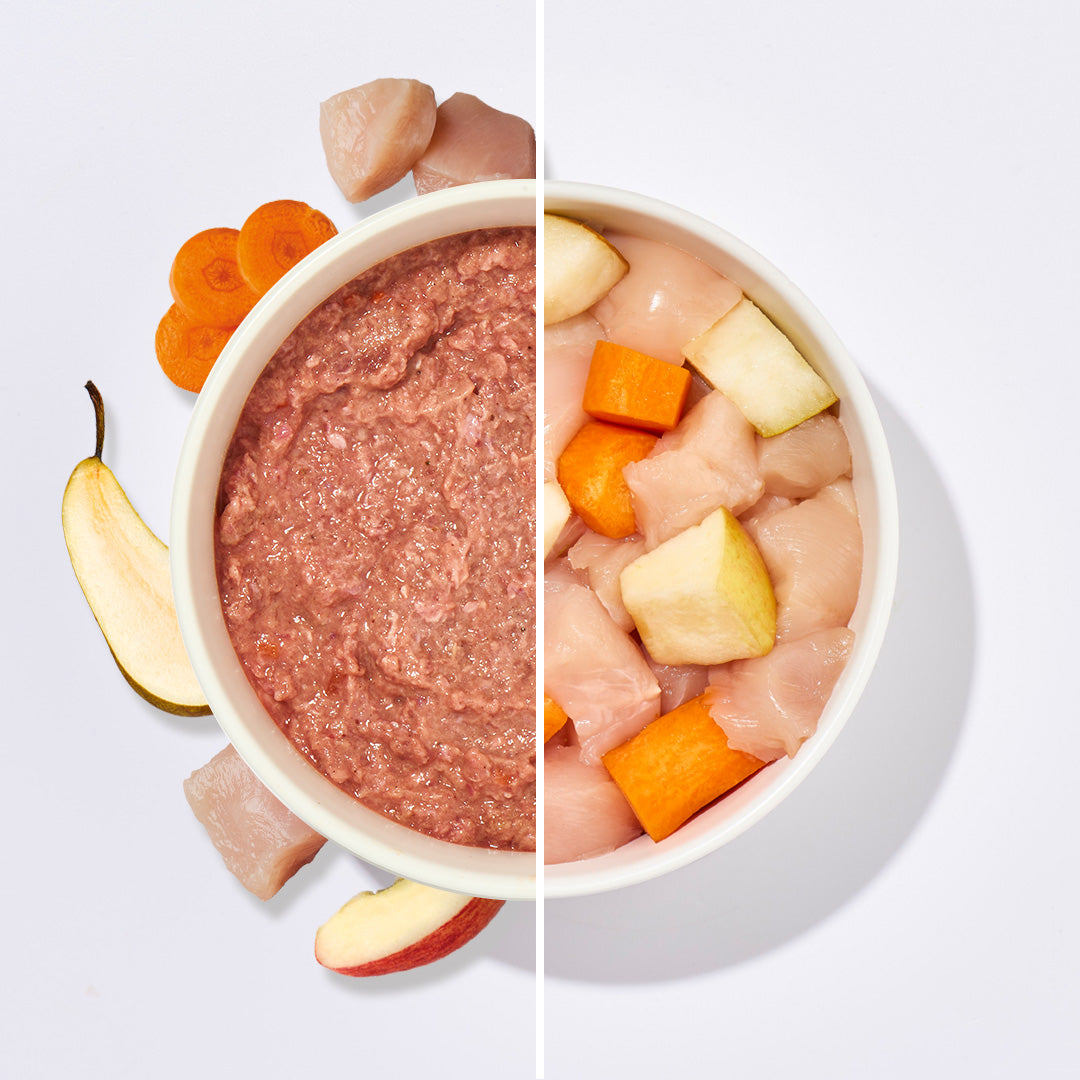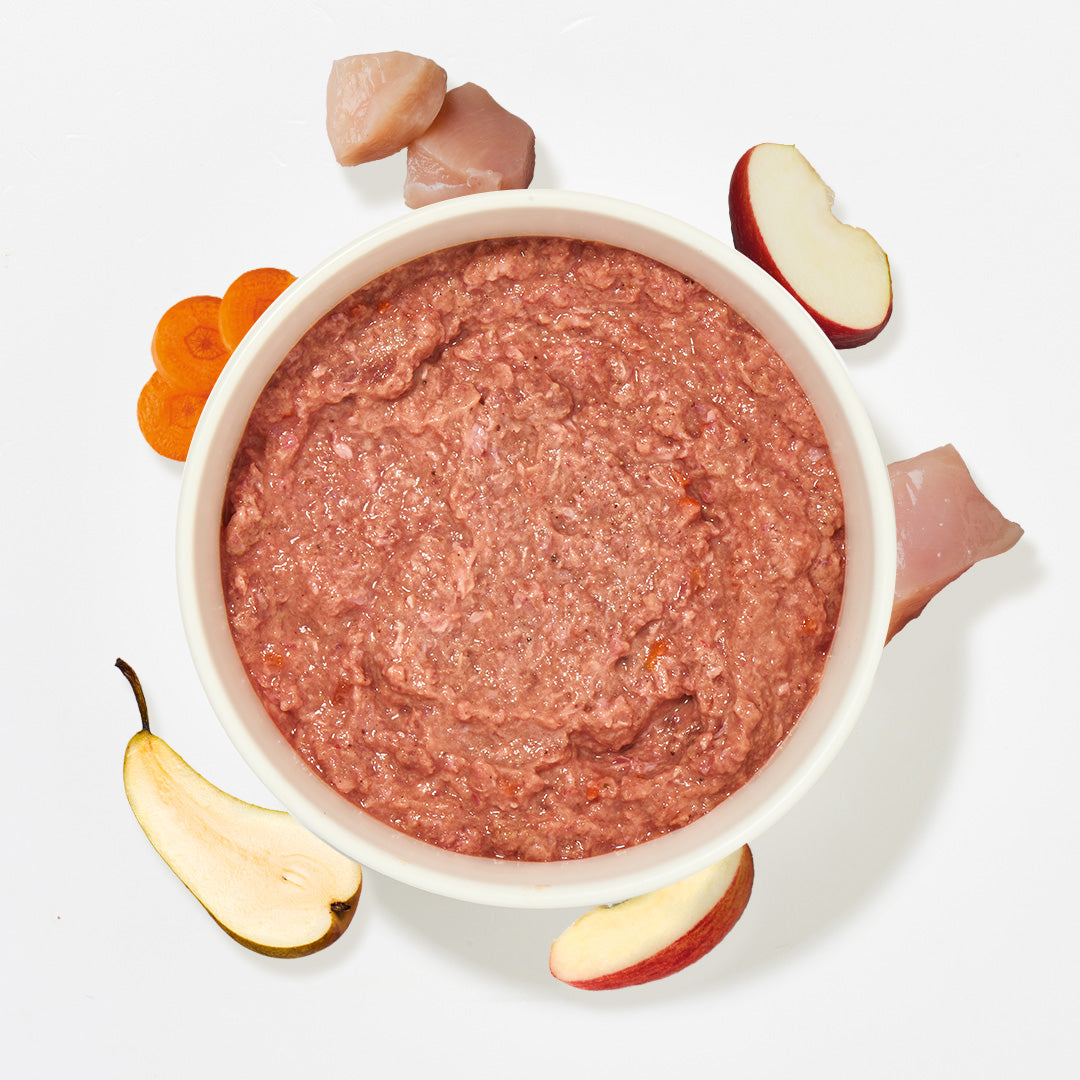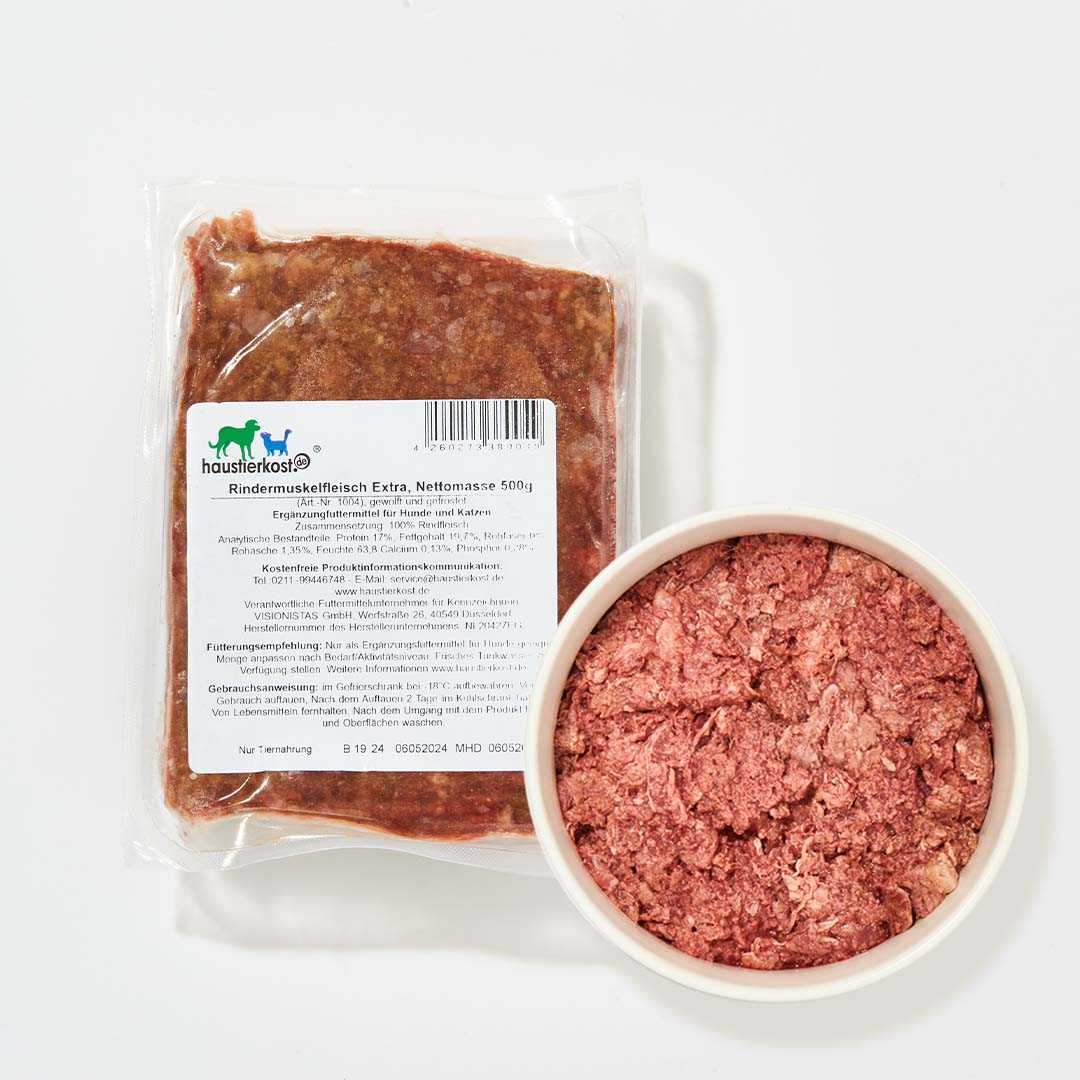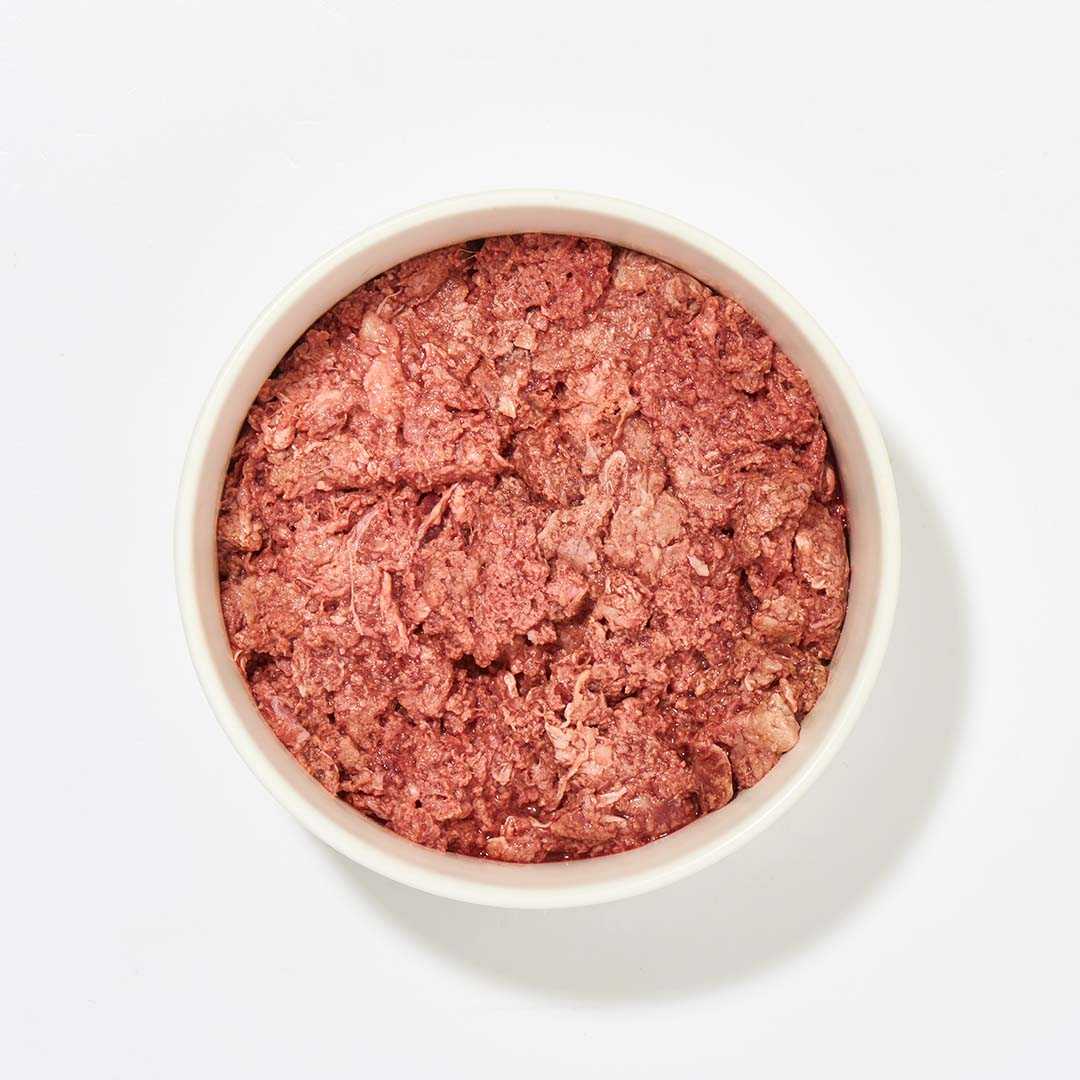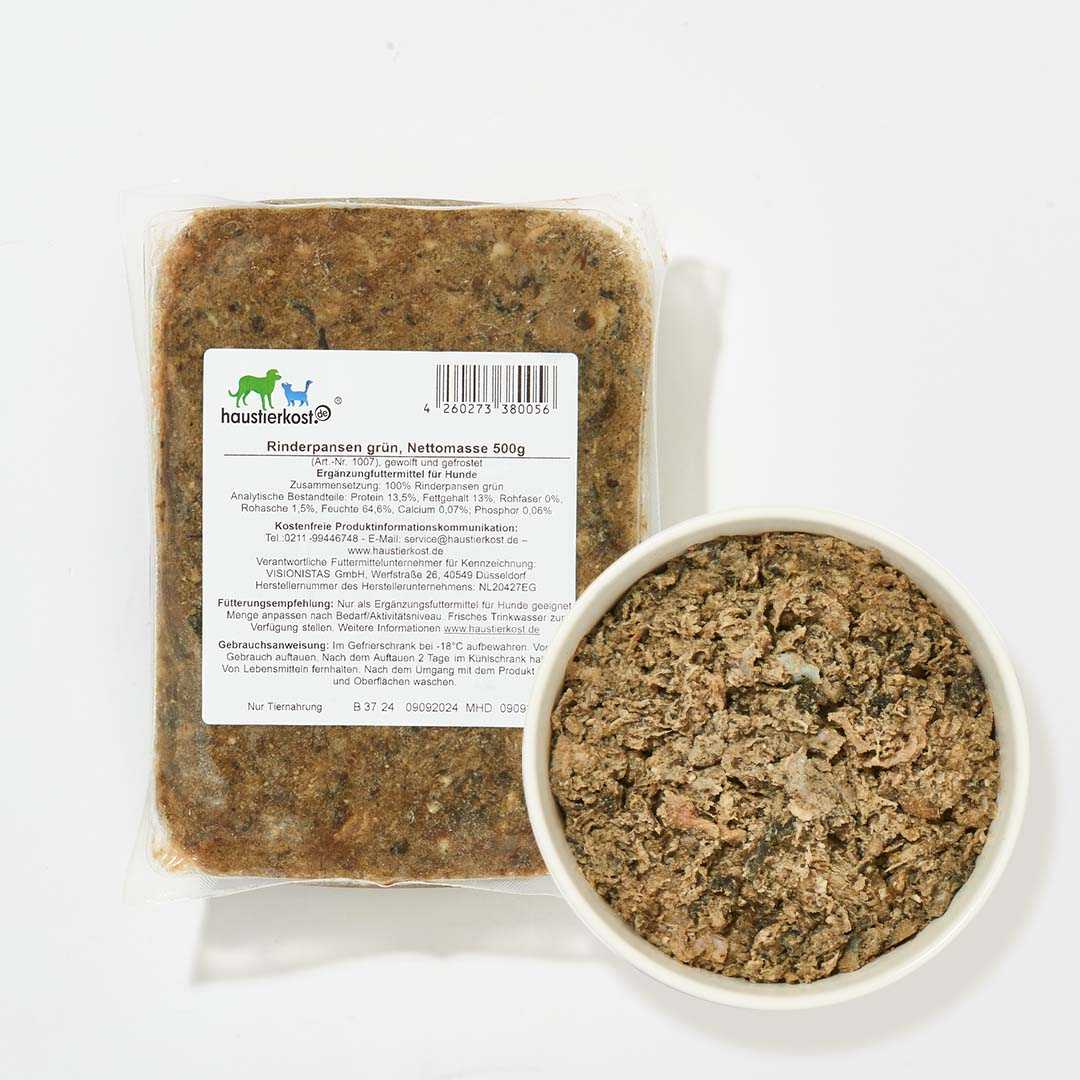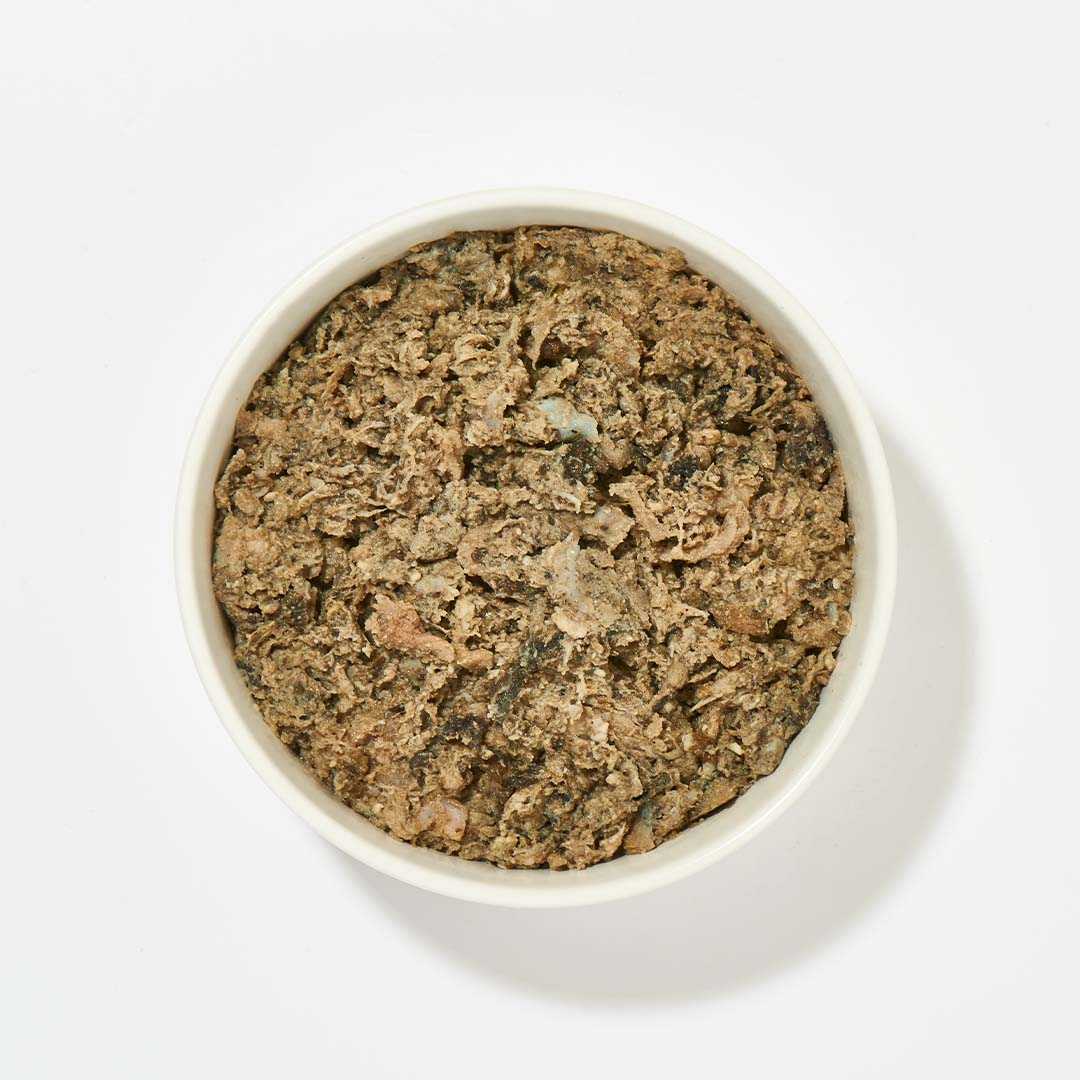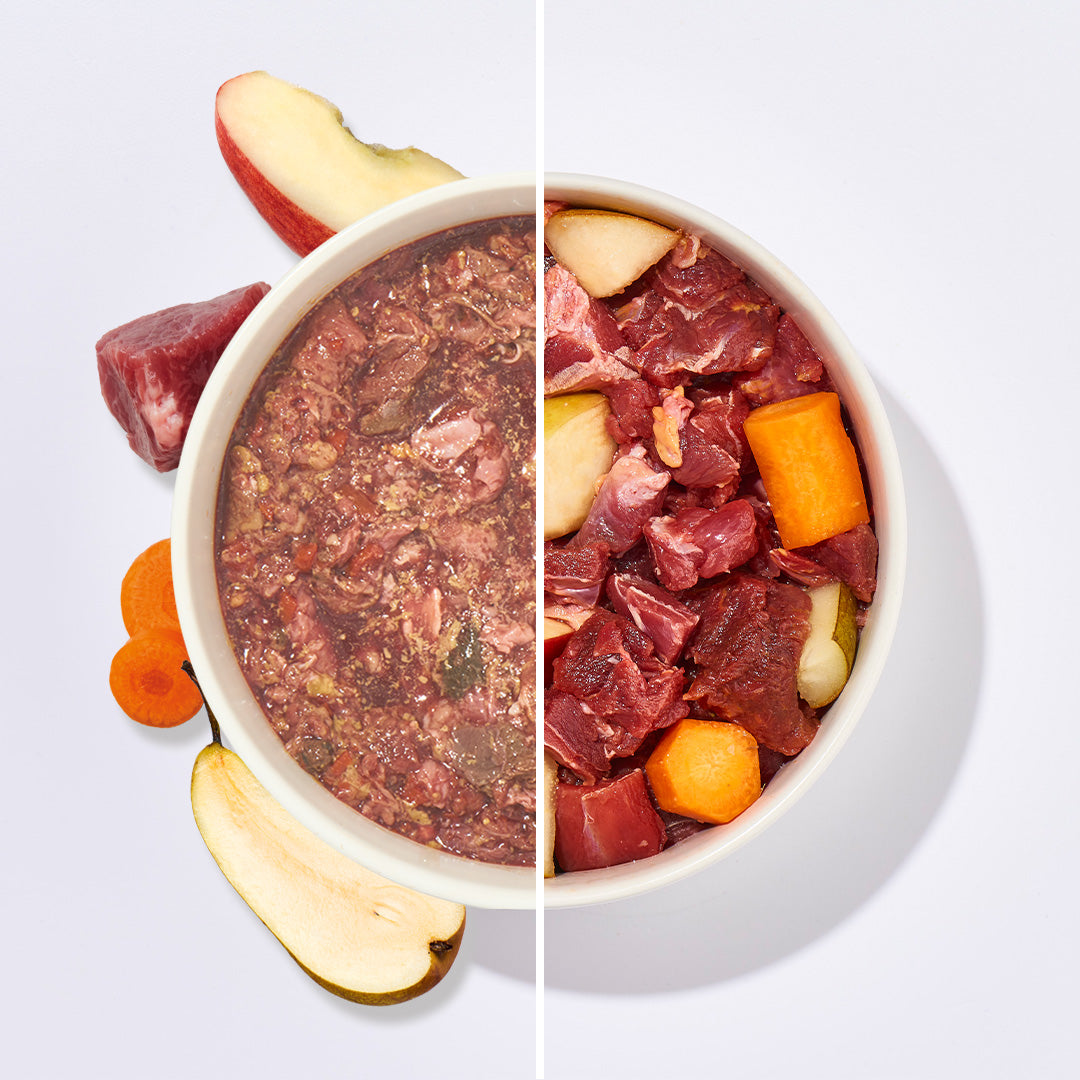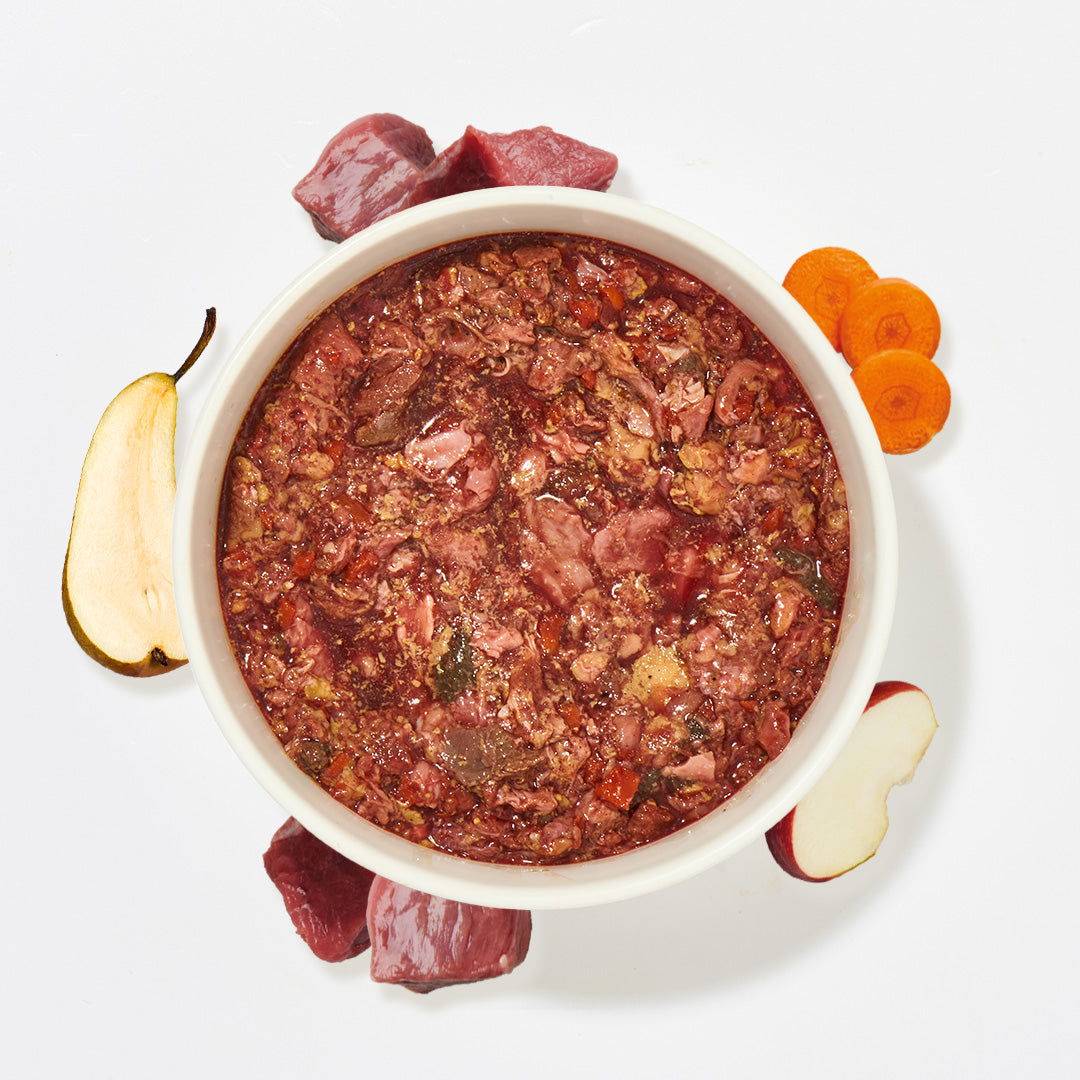Nutritional advice for cats is the ideal starting point for feeding the little velvet paws in a species-appropriate and balanced way. Based on the animal's age, state of health and activity, the nutritional advice determines its individual need for nutrients, trace elements, vitamins and minerals for cats . This includes advice on the ideal feed and its composition, calculating the appropriate feed ration and creating feeding plans. In this way, nutritional advice for cats can create a good basis for a long and, above all, healthy cat life.
BARF advice for cats
For us, nutritional advice means BARF advice for cats. Cats are pure carnivores, i.e. meat eaters. For a healthy metabolism, they need a daily meat portion of at least 95 percent. BARF advice for cats is also based on this, because BARF imitates the natural eating behavior of wild and free-living cats and is therefore the most species-appropriate form of nutrition - even for house cats!
The digestive tract of cats has specialized over the years in eating prey such as mice, birds, fish and other small animals. They require a large amount of animal protein, which in the wild is only supplemented by around 5 percent plant-based food, which comes from the stomach contents of the prey. Another special feature of the diet of cats concerns their eating behavior in the wild, where it is common to eat between ten and 20 mice throughout the day. For this reason, BARF advice for cats also deals with the size of the individual meals. Three to four feedings per day are ideal. This allows the animal's digestive system to utilize the food better.
The question of which BARF should be on the menu for cats is certainly also interesting. Because the little tigers are generally considered gourmets among pets, many cat owners see this as the biggest challenge when it comes to feeding them. In fact, choosing BARF cat food is much easier for cats than their reputation suggests. As already mentioned, wild cats feed mainly on mice and are therefore relatively one-sided. Accordingly, owners do not need to surprise house cats with a daily changing menu, because cats prefer a diet that seems monotonous to us due to their so-called food imprint. More important than variety is that the food provides the cat with all the necessary nutrients.
Nutritional advice for cats: food supplements
Nutritional advice for cats therefore focuses on the necessary food supplements . Basically, raw meat provides cats with most of the nutrients they need. One supplement that our furry friends definitely need to ensure their diet meets their needs is taurine . This amino acid is essential for life and is involved in the development and maintenance of the health of the eyes, ears, heart, immune system and reproductive organs, among other things. We also recommend supplementing cat food oils , which help break down fat-soluble vitamins and thus make better use of them. Omega-3 fatty acids in particular play a crucial role here. These are no longer present in sufficient quantities in animals bred for slaughter today and can therefore be supplied via salmon oil, cod liver oil, linseed oil or hemp oil .
BARF advice: Switching cats to raw meat
When providing BARF advice for cats, we can take away one concern in advance: the animal's diet change to raw meat, as this is relatively easy for healthy cats. Fish and raw poultry are particularly popular. In order to increase acceptance of the new food, especially at the beginning, it can be a good idea to cook the meat briefly. Nutritional advice is also aimed at cats that have allergies or illnesses and are therefore particularly sensitive to the food they are fed.
